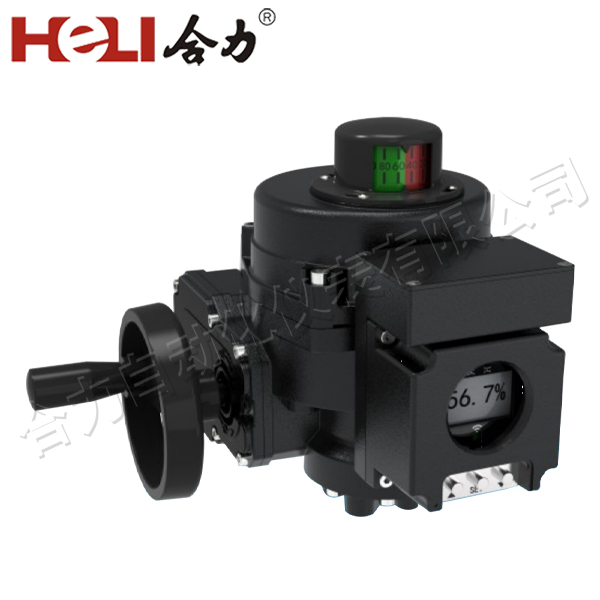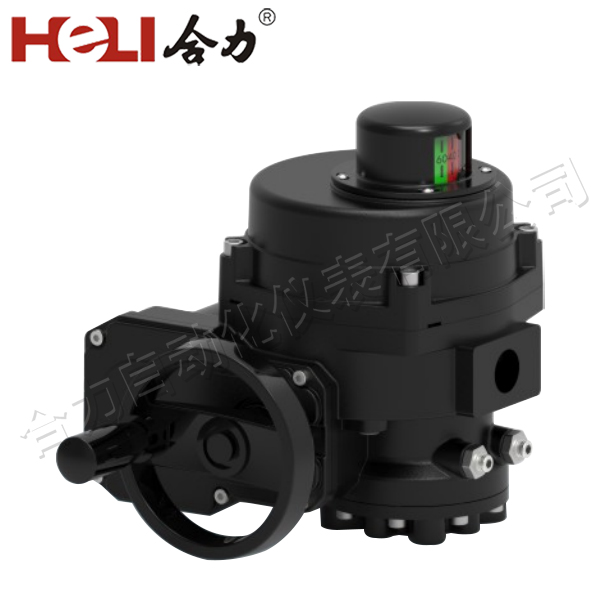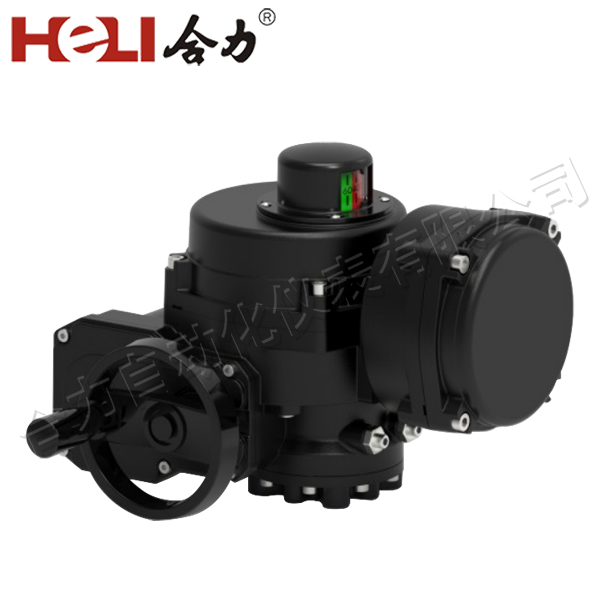hydrogen energy electrical installation: a pathway to sustainable power
Release time:2024-10-14 19:45:44
As the world grapples with the challenges of climate change and seeks alternatives to fossil fuels, hydrogen energy has emerged as a viable solution for sustainable power generation. Hydrogen, the most abundant element in the universe, can be harnessed to produce clean energy through various methods, primarily through electrolysis, where water is split into hydrogen and oxygen using electricity. This article explores the significance of hydrogen energy, the various electrical installations associated with its production and use, and the future prospects of this technology in fostering a cleaner environment.

Understanding Hydrogen Energy

Hydrogen energy refers to the energy produced from hydrogen, primarily through two methods: combustion and fuel cells. When burned, hydrogen produces only water vapor, making it a clean fuel source. In fuel cells, hydrogen reacts with oxygen to generate electricity, water, and heat, with high efficiency and low environmental impact. The versatility of hydrogen allows it to be used in various sectors, including transportation, heating, and power generation, making it a cornerstone for a sustainable energy future. The Role of Electrical Installations




